Page 145 • (3,679 results in 0.05 seconds)
-
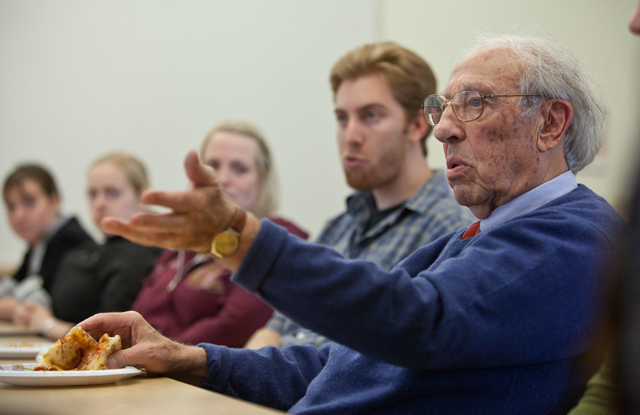
May 6, 2011 Nobel Prize laureate Edmond Fischer talks to PLU chemistry and biology students about the joys and frustrations of research work last Friday, May 6. (Photo by John Froschauer) Nobel laureate talks about the unpredictability of biochemistry…and it’s just plain fun. By Barbara Clements For Nobel Laureate Edmond Fischer, the most exciting part about research is that you’re never sure quite where you’re going to end up. The 91-year-old professor emeritus at the University of Washington
-
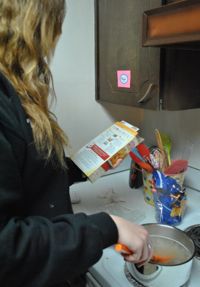
holiday get-togethers, I would help him in the kitchen.” Where she gets her food: Saars, QFC and Winco Grocery List: almond milk, yams, onions, garlic, spinach, Idahoan dehydrated potatoes, Annie’s macaroni and cheese, and turkey burgers Breakfast: half of a sandwich or a granola bar Lunch: a bowl of soup or a sandwich Snack: pretzels Dinner: macaroni and cheese or a turkey burger Read Previous Follow your dreams and say “yes” to opportunities, Patricia Krise advises Read Next Snow much fun COMMENTS
-
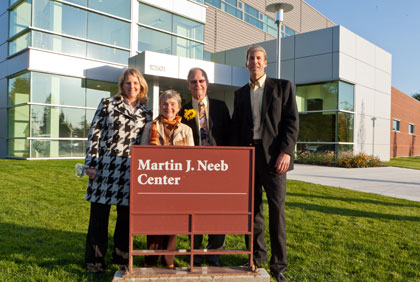
December 7, 2012 PLU grad continues to give back to his community and greater Tacoma area By Igor Strupinskiy ’14 President of Korsmo Construction, John Korsmo ’84 is building more than just academic halls. His company, founded by his father, John Korsmo Sr., is focused on sustaining community, both at PLU and in the greater Tacoma area. “We want to be of help where we can,” Korsmo said. John Korsmo (far right) with Martin J. Neeb and their wives, Lisa Korsmo and Barbara Neeb, in front of the
-
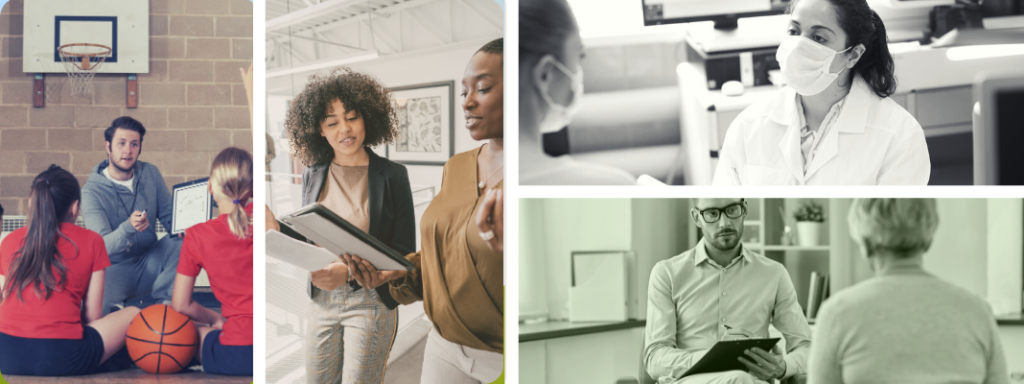
digital resource: Bringing Healing to Relationships — A Guide to Master’s in Marriage and Family Therapy Download free ebook KinesiologyKinesiology is the science of human movement. Kinesiology studies the principles of movement and investigates the complexity of the mechanical, physiological, and psychological components of movement. The study of kinesiology involves deep understanding of various biological systems as well as behavioral theories. Many people are introduced to the concept of
-
their ability to respond to the crisis effectively. Several students wondered why the Chinese commissioner in charge of dealing with the opium crisis seemed to spend more time writing poetry than communicating with the emperor. In the end, a panel of student judges made up from visiting Chinese champs and PLU students handed the victory to the team that argued that China was responsible for the war. After the debate, which was initiated and sponsored by PLU’s China Studies Program, the students
-
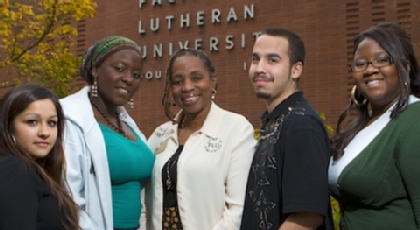
Nordquist’s history of PLU, “Education for Service, Pacific Lutheran University, 1890-1990,” the university was a “showcase institution” in the handling of global studies, as determined by to the U.S. Office of Education. PLU professors soon began traveling to China to teach and, students were starting to study abroad. By 1988, 6 percent of the student population had citizenship of someplace other than the United States. In the following years, that percentage has not changed much. Today, that percentage
-
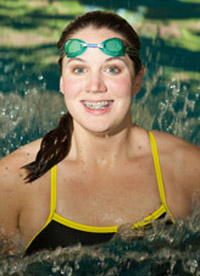
January in China, however, conflicted with an equally important part of her life. Klauder is a member of the PLU swimming team. And she’s no ordinary swimmer – she qualified for the championship finals in five individual events during her first three years at PLU. Swimmer Jessie Klauder seeks the balance between the personal expectations of being a student and the personal and team expectations of being an athlete. While Klauder dove into her studies at the University of Chengdu, learning how to
-
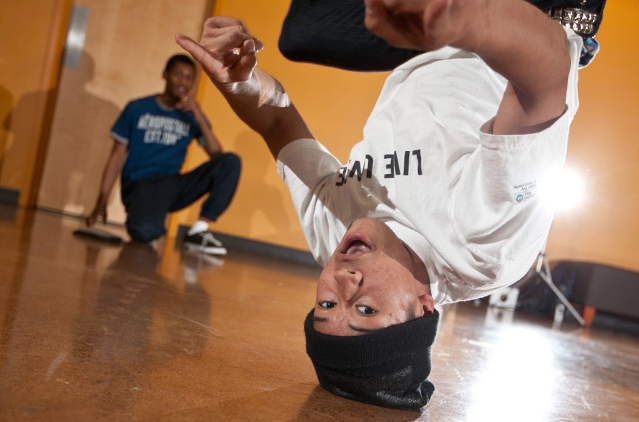
an hour into the set that will last until midnight. Roth wanted to reach out to local bboys and bgirls who love to show off their moves. And if deeper topics come up later? So be it.“My understanding of the gospel is that you build relationships first,” said Roth, a Hispanic studies and global studies double-major. At the same time, just a few steps away in The Cave, the student-run hangout in the UC, a traditional evangelical service is about to begin. About 100 students assemble for the weekly
-
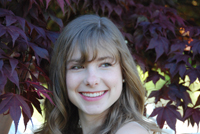
biology and environmental studies. This summary wouldn’t be complete without mentioning the chemistry department, though; even before deciding to double-major last August, they have felt like family. What’s next? This coming fall I will be pursuing a Ph.D. in neuroscience at UC Davis, a school I chose because of my particular interest in autism spectrum disorders. With my research, I hope to increase our understanding of the underpinnings of this rapidly growing disorder and help develop improved
-
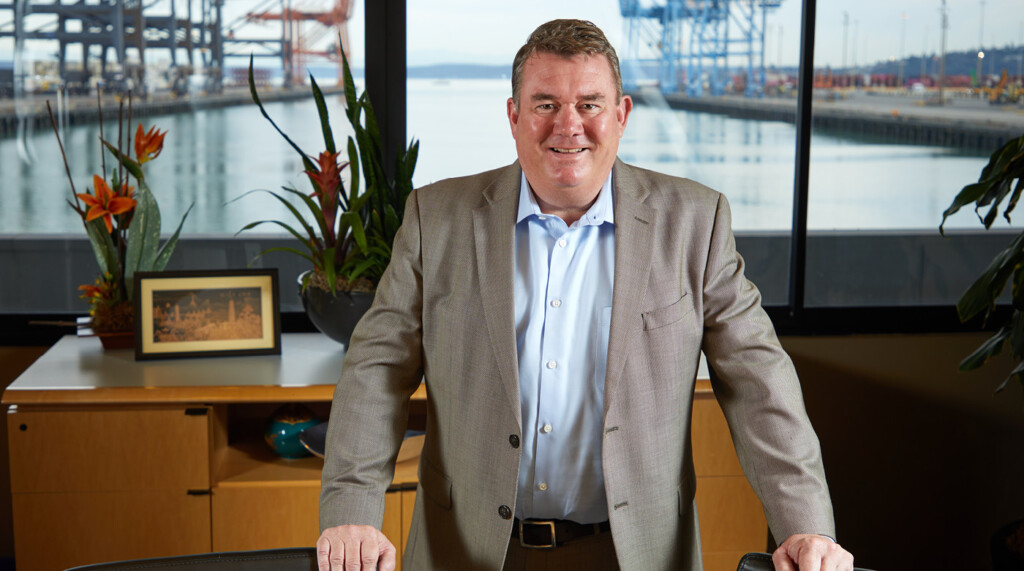
to them, and also working out in the community. I connect a lot of different levels of government to each other. That sounds like it must take a lot of communication chops. Yes, that’s a big part of it. Often it feels a lot like translating. I work with staff, agency partners and elected officials with high-level skills and expertise in finance, engineering, communications, and the environment. So I do a lot of work on my end to understand and evaluate things from those different perspectives
Do you have any feedback for us? If so, feel free to use our Feedback Form.


